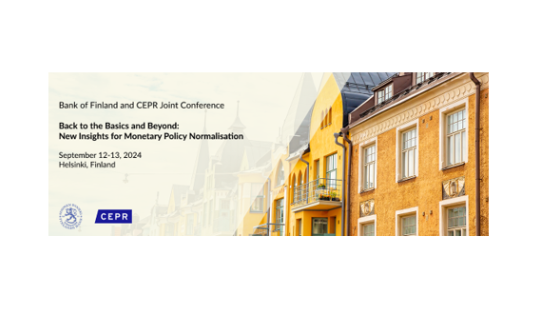DP13937 Welfare State vs. Market Forces in a Globalization Era
Globalization radically changes income distribution and triggers intense international tax competition. Therefore, globalization entails an extensive restructuring of the welfare state. We analyze a parsimonious model of an open economy, in its trade and finance transactions with the rest of the world, governed by voter-majority-controlled welfare state. We analyze the interactions between taxation, provision of social benefits, and globalization. We demonstrate how these interactions are grounded on trade-related and macro-related fundamentals, familiar from a standard open-economy model:
(i) Degree of trade border frictions, (ii) Degree of international finance frictions, (iii) Relative factor abundance that determines the capital intensity of the country’s exports; and, (iv) Domestic savings and productivity of domestic investment, which determines whether the country is a financial capital exporter or importer.
We address the issues of whether the welfare state enhances (or inhibits) the trade and financial openness driven by diminished border effects; whether globalization chips away at the generosity of the welfare state; and, whether the welfare state efficiently spreads out the gains from globalization from winners to losers.

